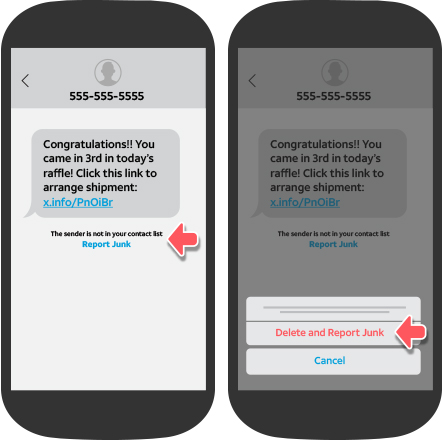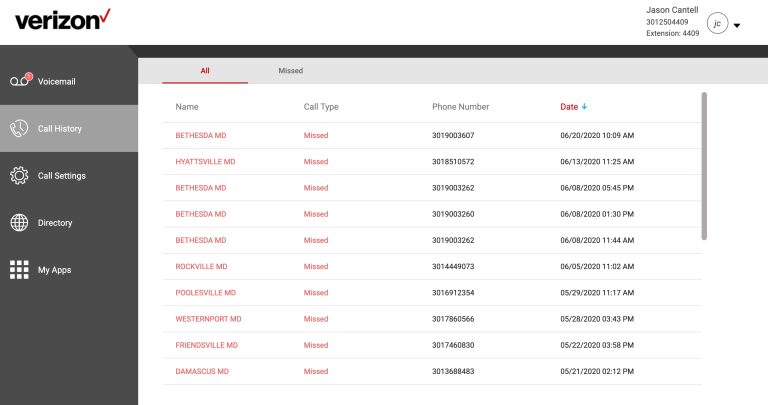The digital age has brought us unprecedented connectivity through mobile phones and text messaging. With this convenience comes a pressing question regarding privacy: does AT&T keep records of text messages?
This exclusive article dives into the complex issue of data retention policies at AT&T, exploring the nuances of how text messages are handled, stored, and potentially accessed. We’ll navigate the legal landscape, examine AT&T’s official statements, and discuss the implications for user privacy in the era of ubiquitous text messaging.
Contents
Understanding Data Retention: The Basics
Before delving into AT&T’s specific policies, it’s important to understand the basic principles of data retention. Telecommunications companies, including AT&T, are required by law to retain certain types of customer data for specific periods. This data can include call detail records (CDRs), which contain information about calls made and received, as well as text message metadata.
Text message metadata typically includes details such as:
- Date and time of the message
- Sender and recipient phone numbers
- Message size
Importantly, metadata does not include the actual content of text messages. However, even metadata can reveal sensitive information about individuals’ communication patterns and relationships.
AT&T’s Official Stance: What They Say
AT&T’s official privacy policy states that they “collect and store information about your use of our services, including…call detail records and text message details.” However, they also emphasize that they “do not store the content of your text messages.”
This seemingly straightforward statement leaves room for interpretation. While AT&T explicitly states that they do not store the actual text message content, they do acknowledge retaining text message details, which encompass metadata.
The Legal Landscape: What the Law Says
The legal framework surrounding data retention is complex and varies depending on jurisdiction. In the United States, the Communications Assistance for Law Enforcement Act (CALEA) mandates that telecommunications providers must be capable of providing call detail records to law enforcement agencies upon request, subject to certain legal procedures.
Additionally, the Stored Communications Act (SCA) governs how electronic communications, including text messages, are stored and accessed. Under the SCA, law enforcement agencies can obtain stored text message content with a warrant, while metadata can be obtained with a court order or subpoena.
How Long Does AT&T Keep Text Message Records?
The duration for which AT&T retains text message records is not explicitly stated in their privacy policy. However, industry standards and legal requirements suggest that call detail records, including text message metadata, are typically retained for a period ranging from several months to a few years.
It’s important to note that data retention periods can vary depending on the specific type of data and any legal obligations AT&T may have.
Can Law Enforcement Access My Text Messages?
As mentioned earlier, law enforcement agencies can access stored text message content with a warrant, while metadata can be obtained with a court order or subpoena. This means that your text messages are not entirely private and can be accessed by authorities under certain legal circumstances.
It’s worth noting that AT&T has a dedicated Law Enforcement Support Center that handles requests from law enforcement agencies. They state that they “respond to lawful requests for information in accordance with applicable laws and regulations.”
Implications for User Privacy: What You Need to Know
The fact that AT&T retains text message metadata and can potentially provide access to law enforcement agencies raises concerns about user privacy. While the actual content of text messages is not stored, metadata can still reveal sensitive information about individuals’ communication patterns and relationships.
This information can be used by authorities for various purposes, including investigations, surveillance, and even prosecution. It’s essential to be aware of the potential privacy implications of using text messaging services and to take steps to protect your sensitive information.
Protecting Your Privacy: Tips and Best Practices
While you can’t completely prevent AT&T from retaining text message metadata, there are steps you can take to protect your privacy:
- Use encrypted messaging apps: Consider using end-to-end encrypted messaging apps like Signal or WhatsApp, which offer stronger privacy protections than traditional SMS text messages.
- Be mindful of what you text: Avoid sending sensitive information via text message, especially if you’re concerned about privacy.
- Delete old text messages: Regularly delete old text messages that you no longer need to minimize the amount of data stored on your phone and potentially accessible to others.
- Review AT&T’s privacy policy: Familiarize yourself with AT&T’s privacy policy to understand how your data is collected, stored, and used.
Conclusion: Navigating Privacy in the Digital Age
The question of does AT&T keep records of text messages is complex and multifaceted. While AT&T does not store the actual content of text messages, they do retain metadata, which can reveal sensitive information about individuals’ communication patterns and relationships.
Read More: Does a Phone Bill Show Text Messages: A Comprehensive Analysis







